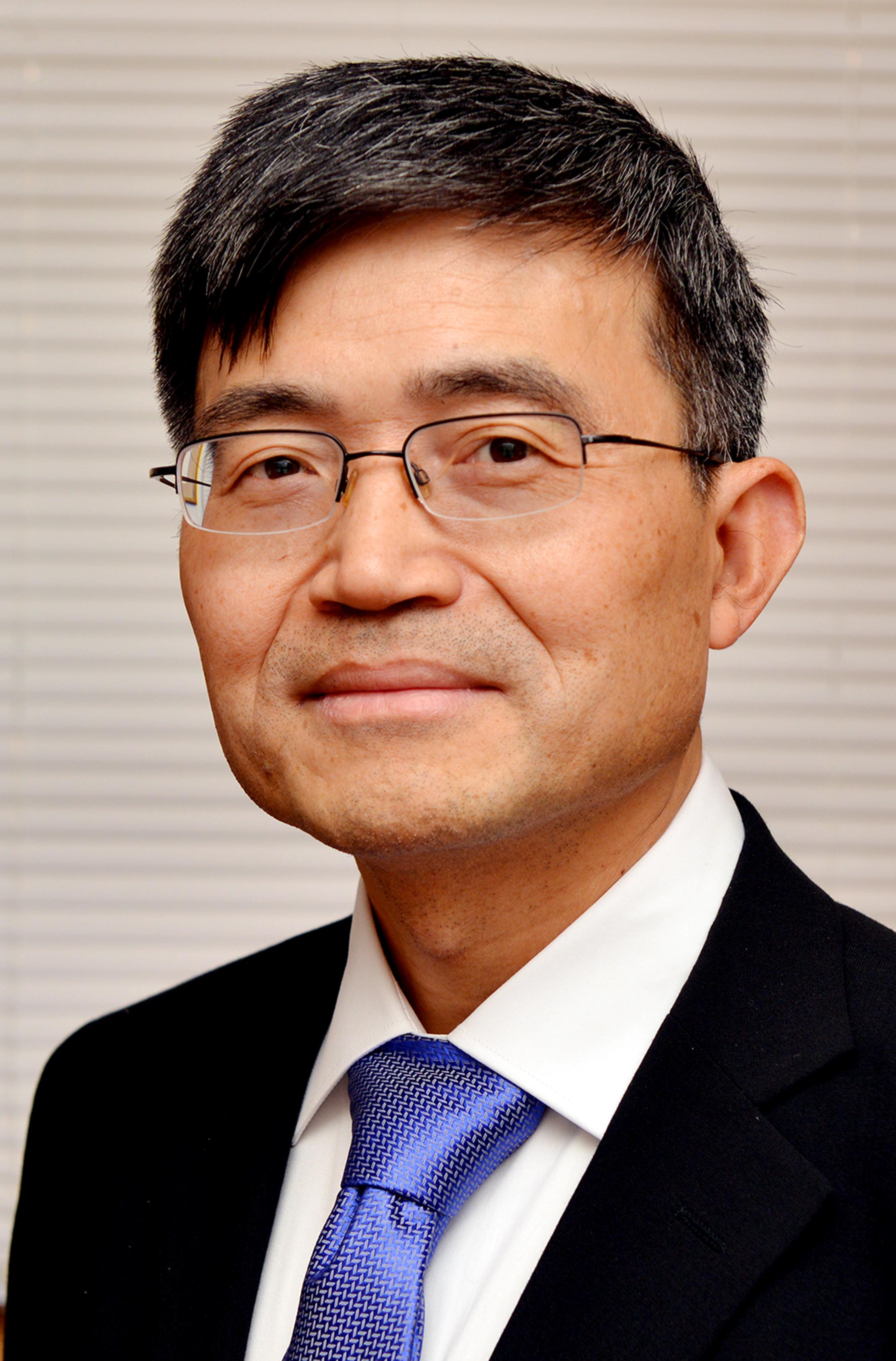Abstract
The gradual deployment of self-driving cars will inevitably lead to the emergence of a new important class of cyber-physical-human systems where autonomous vehicles interact with human-driven vehicles via on-board sensors or vehicle-to-vehicle communications. Reinforcement learning along with control theory can help meet the safety requirements for real-time decision making and Level 5 autonomy in self-driving vehicles. However, it is widely known that conventional reinforcement learning policies are vulnerable to adversarial or non-adversarial perturbations to their observations, similar to adversarial examples for classifiers and/or reward (packet) drops of the learning. Such issues are exacerbated by concerns of addressing resiliency as the use of open communication and control platforms for autonomy becomes essential, and as the industry continues to invest in such systems. Decision making mechanisms, designed to incorporate agility with the help of reinforcement learning, allow self-adaptation, self-healing, and self-optimization. This research will contribute and unify the body of knowledge of several diverse fields including reinforcement learning, security, automatic control, and transportation for resilient autonomy with humans-in-the-loop.
Zhong-Ping Jiang
Zhong-Ping JIANG received the M.Sc. degree in statistics from the University of Paris XI, France, in 1989, and the Ph.D. degree in automatic control and mathematics from ParisTech-Mines (formerly called the Ecole des Mines de Paris), France, in 1993, under the direction of Prof. Laurent Praly.
Currently, he is a Professor of Electrical and Computer Engineering at the Tandon School of Engineering, New York University. His main research interests include stability theory, robust/adaptive/distributed nonlinear control, robust adaptive dynamic programming, reinforcement learning and their applications to information, mechanical and biological systems. In these fields, he has written six books and is the author/co-author of about 600 peer-reviewed journal and conference papers.
Prof. Jiang is a recipient of the prestigious Queen Elizabeth II Fellowship Award from the Australian Research Council, CAREER Award from the U.S. National Science Foundation, JSPS Invitation Fellowship from the Japan Society for the Promotion of Science, Distinguished Overseas Chinese Scholar Award from the NSF of China, and several best paper awards. He has served as Deputy Editor-in-Chief, Senior Editor and Associate Editor for numerous journals. Prof. Jiang is a Fellow of the IEEE, IFAC, CAA and AAIA, a foreign member of the Academia Europaea (Academy of Europe) and the European Academy of Sciences and Arts, and is among the Clarivate Analytics Highly Cited Researchers and Stanford’s Top 2% Most Highly Cited Scientists. In 2022, he received the Excellence in Research Award from the NYU Tandon School of Engineering.
Performance Period: 10/01/2022 - 09/30/2025
Institution: New York University
Sponsor: NSF
Award Number: 2227153
Feedback
Feedback
If you experience a bug or would like to see an addition or change on the current page, feel free to leave us a message.
